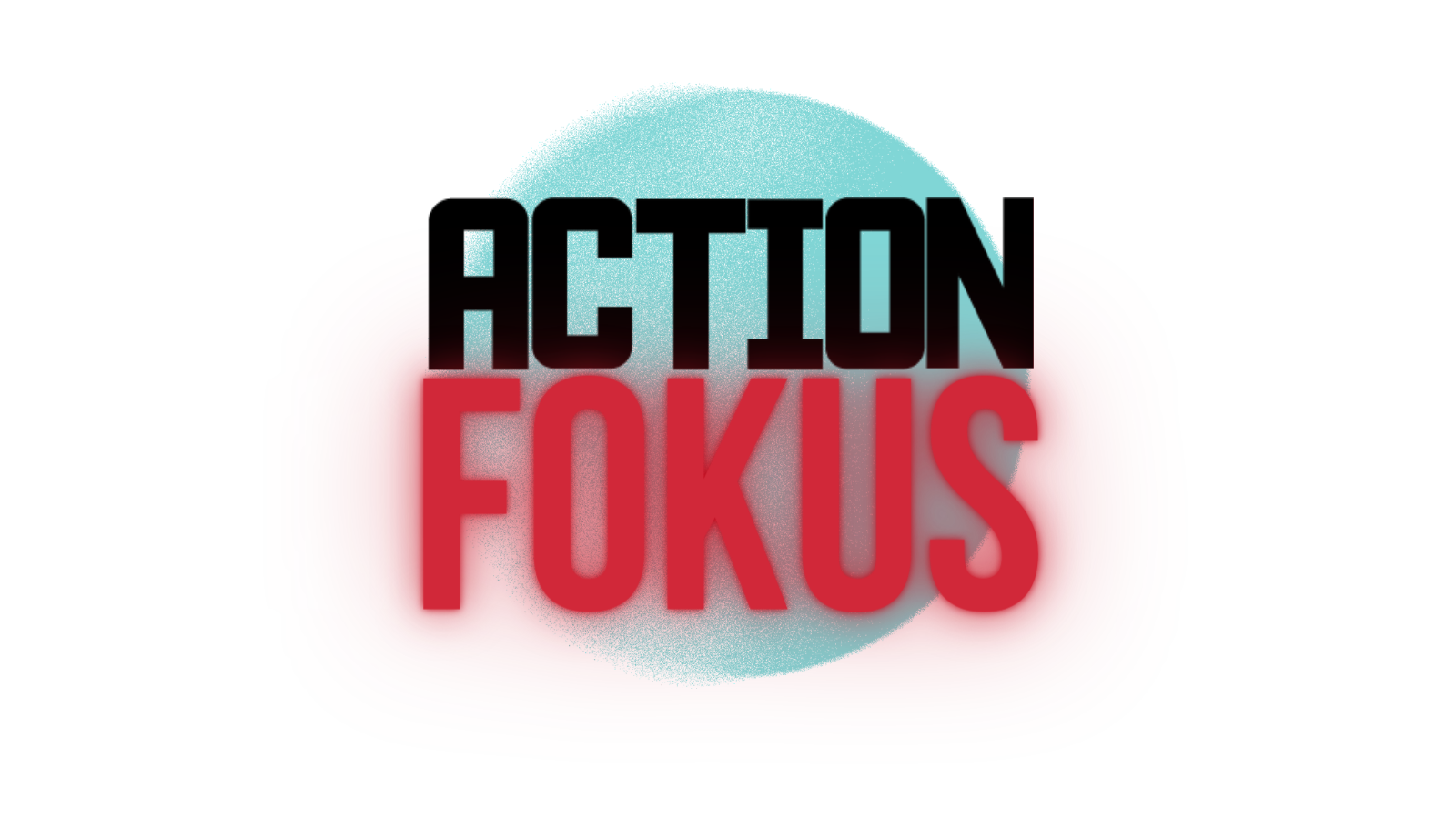
To further support Action Books’ growing community of writers and readers, we’ve decided to launch a new initiative on the Action Books Blog. Selected by our editorial staff, a recurring series called Action Fokus will highlight excerpts from 12+ radical manuscripts submitted by poets and translators during our 2022 Open Reading Period. Today we are featuring excerpts from Rodrigo Flores Sánchez’s Closed Window translated by Robin Myers.
Ventana cerrada / Closed Window is a work of poems and images that explores both the amorphousness of memory, as well as how we absorb the narratives—the myths—of our own families, culture, and historical moment. The original images are the work of Paulina Barraza.
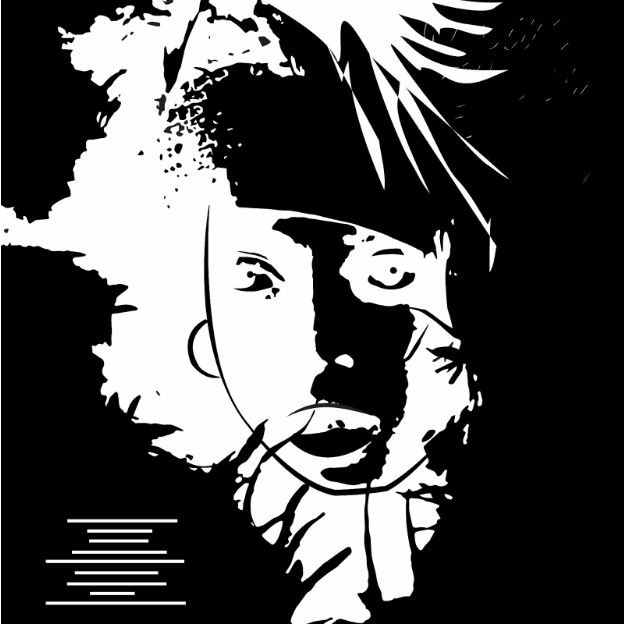
THE REAL FEAT
WAS CATCHING US
OFF-GUARD
Tócame en la mañana
When I was three years old
There was an album
An album that terrified me
It terrified and fascinated me
On the album
On the album was a face
A person’s
Face
A person who looked at me
Or I thought was looking at me
Scrutinizing me
It terrified me but I returned many times
Touch me in the morning
Says the song
The song on the album of the same name
Touch me in the morning then just walk away
And that album is panic and fascination
It means something and I don’t know what
It’s a particle of experience. It’s what burned down. What’s gone. Now it’s tinder. Blink. Shroud. Absence. Time between fissures. It’s your obverse. It’s a reliable lie. It’s an incessant proliferation of symbols. It’s someone aiming at us. A shot. It’s a shot that makes shadows of us. It’s the darkroom that reveals us. It’s your red eyes corrected. It’s a phone drenched in reflections. You’re out of focus. You rebel. It’s what you see from your hiding place. What hides from you. It’s a little birdy. It’s whiskey. It’s the Three Kings in the Alameda. It’s dead relatives. It’s dead friends. A filial embrace from nineteen eighty-two. It’s the canvas shifting. It’s the negation of the watercolor. It’s the painter touching up a negative. It’s silhouettes embodied on a rectangle. Images sifting through the darkness. Images intensifying on a plastic epidermis. It’s the back of the screen that drags you in. It’s a man getting a shoeshine in eighteen thirty-eight. It’s a cone collapsed by a pair of flies one hundred seventy-three years later. It’s a militiaman taking a fatal step backward. It’s a soldier shooting you and multiplying death. It’s the shyness of a fisherwoman looking down to keep from facing us. It’s two twin girls posing with different gestures. It’s a stricken camp follower gazing out from a train in motion. My daughter’s first smile or something that suggests it. It’s this insomniac stare. It’s trying to capture transient reflections. It’s impossible. It’s blasphemy. It’s the face of God. The face of God can’t ever be captured by a human machine.
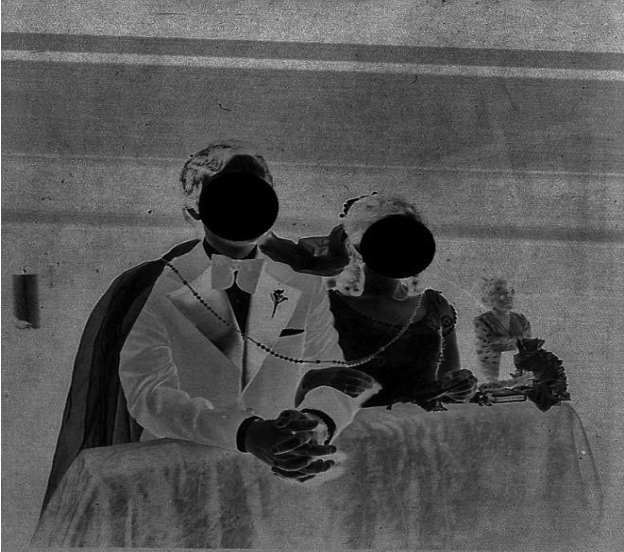
HUMAN MACHINE MOTHER
OF CHIMERA MOTHER
OF THE SPHYNX
Touch Me in the Morning
According to the Chinese zodiac
The year nineteen seventy-three was a special year
The Year of the Ox
Mexico held spotless presidential elections
The author of Muerte sin fin died
And The Godfather won the Oscar for Best Picture
That was the year Diana Ross released her fourth LP
The song that goes We don’t
Have tomorrow but we had yesterday
It topped the charts
The song that goes Wasn’t it me who said
That nothing good’s gonna last forever
My parents weren’t married yet
So their photo hadn’t yet been torn
It’s obvious right?
They married in nineteen seventy-five Year of the Rabbit
I have a black-and-white photo from their wedding
They gaze at the priest with devotion
Diana Ross was thirty-one
My parents couldn’t yet have sung the song that goes
Let me watch you go with the sun in my eyes
Fideuá
The verses
Are found
On Camposoto Beach
In this area
Of enormous scenic value
There are army barracks
Divided into bunkers and batteries
For example
The Battery of San José del Baruel
Bunker 1 of Camposoto
Battery of Urrutia
Bunker 2 of Camposoto
The barracked students
Aspiring soldiers all
Have access to a menu
That menu
Changes every day
On Monday
There was fideuá
A traditional dish
From Valencia Spain
Like paella
It’s made with meat fish and vegetables
But it has pasta instead of rice
It’s delicious
And
Nutritious
That being said
The caliber of the food
Is far from superior
The cadets might think of Seneca
For whom bodily demands
Are few
Shelter from the cold
And food to lessen hunger
And thirst suffice
How you eat
Is less important
Than eating itself
Seneca practiced stoicism
A philosophical doctrine
Much like military discipline
But as I was saying
That Monday
Last Monday
The barracked students
Ready to sink their teeth
Into some fideuá
Were met with a surprise
A surprise
That has caused
The Ministry of Defense
To take certain measures
Prompted by acts of possible negligence
Eight hundred eighty diners
Savored
Fideuá dressed with worms
On discovering
The presence of these creatures
The pasta was removed
And they
Were offered
Rice instead
This reminds me
Of a splinter from eighty-six I have
A morsel of fish in my mouth
Here I am clowning around
My cousin is angry
Family lunch at El Pardiños
What did I find so funny What
made María so mad Who
Took this photo in the Year of the Pig?
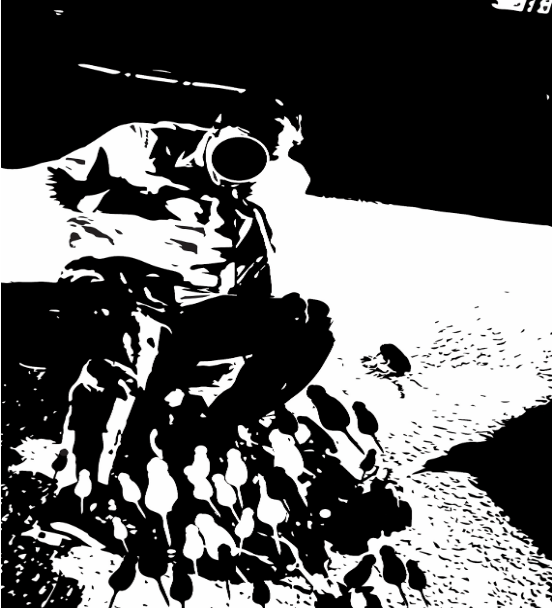
BY ATTACKING THE MANY-HEADED CREATURE
THE HERO DEVOURS
HIS OWN FAMILY
Rat Man
Another family portrait
A man is devoured
By rats
It’s the image in a book
A book
Of movie stills
The devoured man is wearing a raincoat
And the rats swarm over what you see
The rats devour the man in the raincoat
You looked with panic and fascination Two sides
Of the same coin
I wear a raincoat and walk away
That photo
Is panic and vertigo and I don’t know where the book is and I walk closer
Can I eat it? you ask
Touch it in the morning
And then just walk away Why
Do rats hunt our heads?
I’ve searched for the book, but I can’t find it. It had a thick covers, as far as I can remember, but maybe I’m wrong. The book, in English, contained reviews of horror movies. I’d return to it again and again in the apartment where I lived then. I can see myself setting it down on the rug, opening it wherever the pages fell, and staring intently at the pictures for a few minutes. I couldn’t make sense of the reviews, but I was transfixed by the photos, two in particular. Today, after nearly forty years, I still look at the face of a girl split by an axe and the figure of a man in a raincoat being eaten by rodents. Some images are difficult to forget; or, better put, they’re recreated again and again in our memories. Some windows change shape
Acknowledgments
Several of the poems in this selection (“HUMAN MACHINE MOTHER” + “Touch Me in the Morning,” “BY ATTACKING THE MANY-HEADED CREATURE” + “Rat Man,” and “I’ve searched for the book…”) first appeared in Visible, published as part of the Calico Series by Two Lines Press. I have permission to republish these poems in Action Focus as long as they appear after September 27, 2022 (the Visible publication date) and that we credit Visible, ideally linking to the collection as well: https://www.catranslation.org/shop/book/visible/
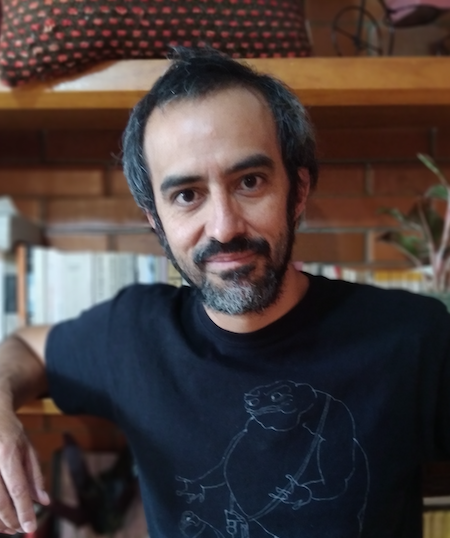 Rodrigo Flores Sánchez (Mexico City, 1977) is the author of five poetry collections: Ventana cerrada (2020), Tianguis (2013), Zalagarda (2011), estimado cliente (2005 and 2007), baterías (2006). He and Dolores Dorantes co-wrote Intervenir/Intervene (Ugly Duckling Presse, translated by Jen Hofer). His poems were collected in the two-author volume Flores + Espina alongside the work of Uruguayan poet Eduardo Espina. Excerpts from Robin Myers’ translation of Ventana cerrada have appeared in Spoon River Poetry Review and in Calico, published by Two Lines.
Rodrigo Flores Sánchez (Mexico City, 1977) is the author of five poetry collections: Ventana cerrada (2020), Tianguis (2013), Zalagarda (2011), estimado cliente (2005 and 2007), baterías (2006). He and Dolores Dorantes co-wrote Intervenir/Intervene (Ugly Duckling Presse, translated by Jen Hofer). His poems were collected in the two-author volume Flores + Espina alongside the work of Uruguayan poet Eduardo Espina. Excerpts from Robin Myers’ translation of Ventana cerrada have appeared in Spoon River Poetry Review and in Calico, published by Two Lines.

Robin Myers is a poet and Spanish-to-English translator. Her latest translations include Copy by Dolores Dorantes (Wave Books), The Dream of Every Cell by Maricela Guerrero (Cardboard House Press), Tonight: The Great Earthquake by Leonardo Teja (PANK Books), The Book of Explanations by Tedi López Mills (Deep Vellum Publishing), and The Forgery by Ave Barrera (Charco Press, co-translated with Ellen Jones). She lives in Mexico City and is working on a book of essays about translating poetry.
.